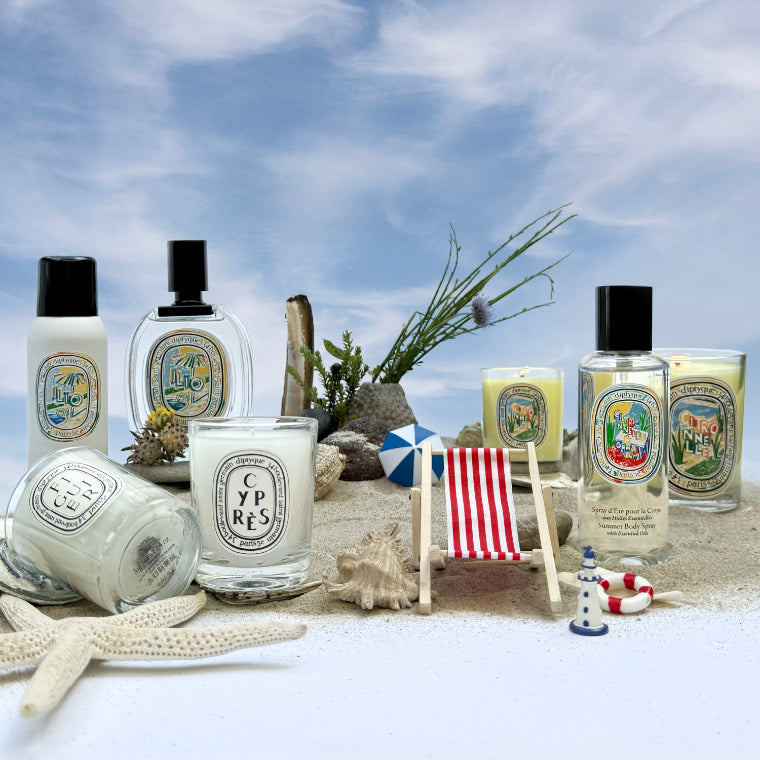Like many others, I value social media in general, and Instagram in particular, as a source of information about the beautiful and entertaining things in life, especially since I'm a visual person. But do I really want to be influenced and manipulated by algorithms? If that's absolutely repugnant to you, you should log out immediately and delete the app. However, if you simply want to limit the constant advertising program, you have several options: You can train the algorithm to display content that is unlikely to entice you to buy something – cat videos are a good choice here. You can unfollow accounts that post advertisements or sponsored content too often. Or you can keep shopping and wish lists to avoid impulse purchases. Another option is to ask yourself before every purchase whether you really need the product. Setting a limit for spontaneous purchases is also an option – unless you consistently practice being a minimalist and focus on owning only a few things. While that's responsible and more sustainable, it's also unglamorous and not fun.
Of course, I know what mechanisms lead to my desire to buy every scented candle in the world and my favorite sneakers in every new color, and to get excited about the 165th new fragrance from my favorite brand. You're simply interested in things you like. What others find completely superfluous is the Holy Grail for some collectors. Just as an Yves Saint Laurent "Libre" fan will be delighted with the 30th flanker, new Diptyque collections make me smile in and of themselves. The reason: The design looks different every year, but always beautiful. I'm also generally excited when there are completely new products. The fact that they're usually limited editions makes them all the more desirable for me.
In our affluent society, it's no longer about meeting demand and the mere flow of goods. Producers want to maximize their profits, and I, as a consumer, want originality, quality, and good design. I want emotions and the unique feeling of happiness when I can bring home the perfect loot. Admittedly, this is a tension that some call consumer terror, while for me it's conscious, optimized consumption. I'm not interested in just any scented candle; I want the best scented candle possible. So, I'll continue to want the limited editions from Diptyque and other favorite brands. And with every new bronzer, I'll have the unmistakable feeling that it's the right one. And I'll also covet the 95th vanilla scent—not because I need it, but because I simply want it. And I won't feel guilty about it, and neither should you. Because what can you say against optimization?




